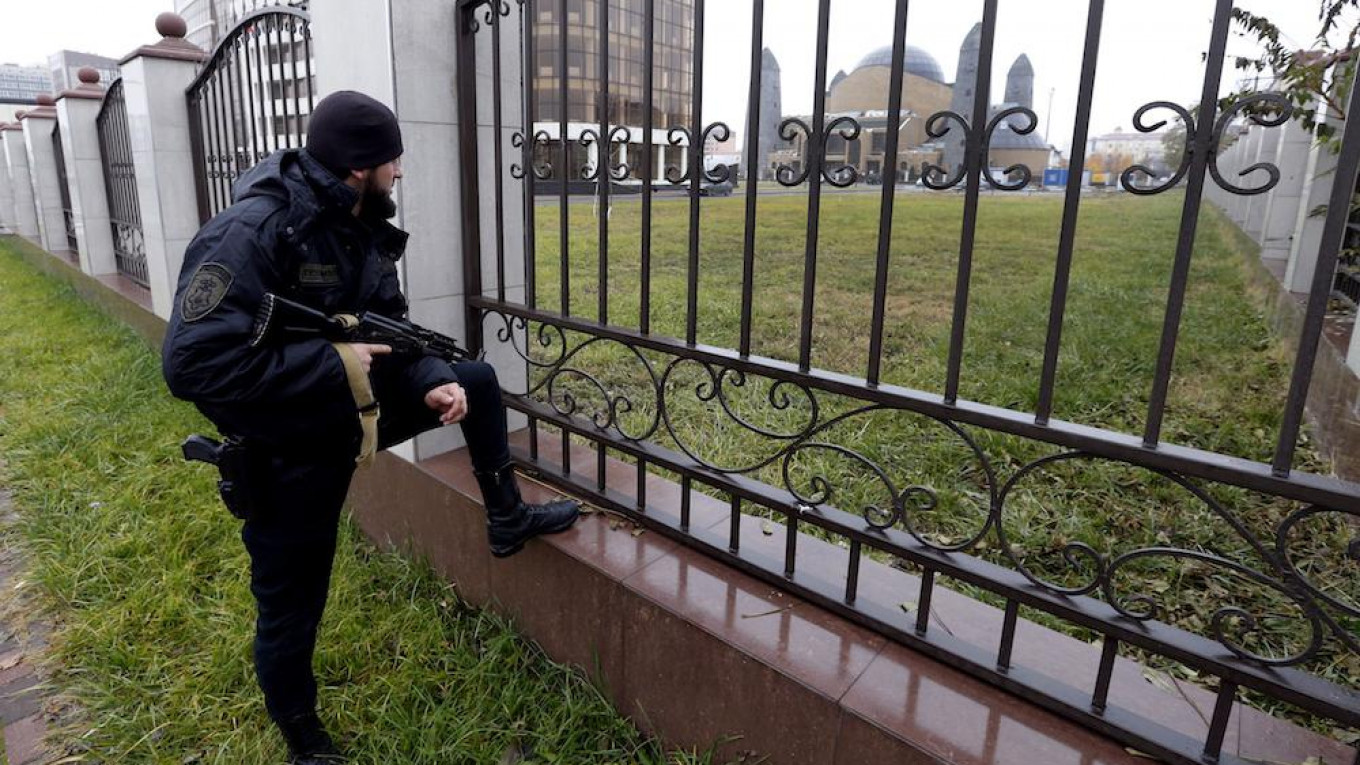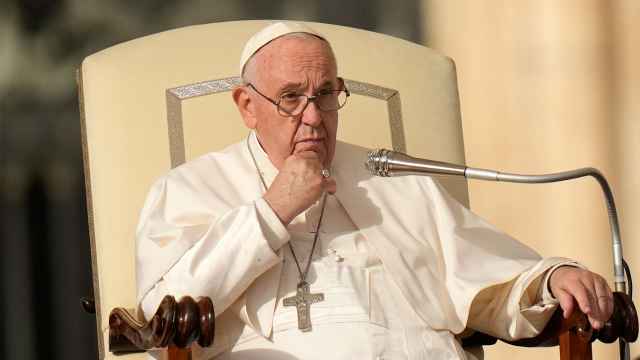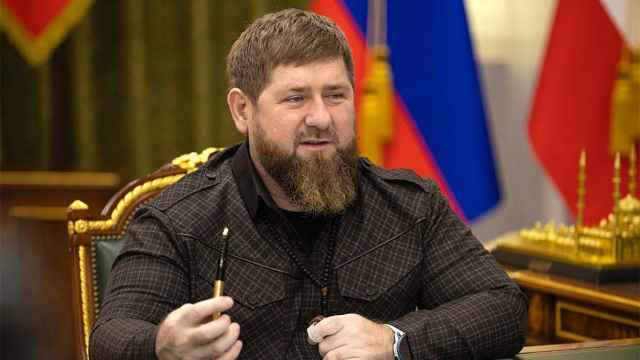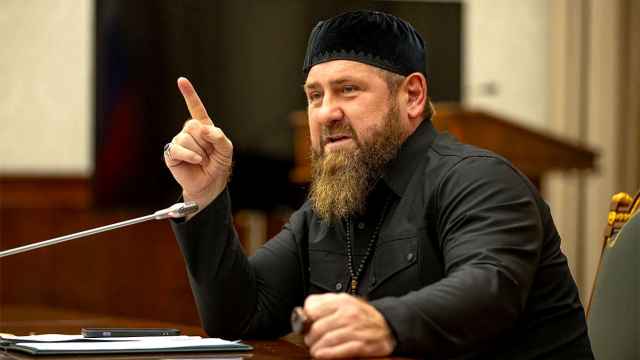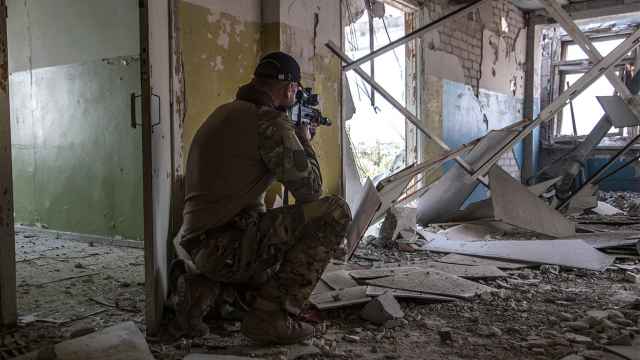The Kremlin has reacted to a report claiming that 27 people were killed by security forces in January, as part of an ongoing investigation into extrajudicial killings in Chechnya.
“We have taken note of [the reports],” Russian President Vladimir Putin’s spokesman, Dmitry Peskov, told journalists on Monday. “We have similarly taken note of the denials of this information by Chechen law enforcement bodies.”
“The information is of an anonymous character. It’s unclear what the source of this information is. So this is all I can say for now.”
The Novaya Gazeta newspaper on Sunday released the names of 27 individuals the newspaper believes to have been killed by security forces in the North Caucasus republic.
The executions took place on the night of Jan. 25, 2017, according to the newspaper, which cited unidentified sources. Most of the victims are believed to have been detained as part of a sweeping anti-terror raid that began late last year.
The raids lasted at least six weeks and as many as 200 people are believed to have been detained. The number of detainees executed is unclear, but the number could be anywhere between 27 and upwards of 56, Novaya Gazeta reported.
Novaya Gazeta said it had sent its findings to Russian law enforcement officials in April.
Russia’s chief human rights officer Tatyana Moskalkova told the newspaper two people on Novaya Gazeta’s list did not live in Chechnya, and a review of information regarding other alleged victims is continuing but “going much more slowly than it should be.”
The victims are believed to have been brought to secret prisons, where they were held for several weeks, executed, and buried in unidentified graves.
A Novaya Gazeta report in April claimed that dozens of gay men in Chechnya had been held and tortured as part of a massive anti-gay crackdown.
Sunday’s report said the newspaper’s investigation into the killing of two gay men in Chechnya had led them onto the trail of even more extra-judicial killings in the southern republic.
Chechen officials have denied the accusations, even going so far as to call the reports “slanderous.” They suggested that gay people do not exist in the conservative, Muslim-majority North Caucasus republic.
A Message from The Moscow Times:
Dear readers,
We are facing unprecedented challenges. Russia's Prosecutor General's Office has designated The Moscow Times as an "undesirable" organization, criminalizing our work and putting our staff at risk of prosecution. This follows our earlier unjust labeling as a "foreign agent."
These actions are direct attempts to silence independent journalism in Russia. The authorities claim our work "discredits the decisions of the Russian leadership." We see things differently: we strive to provide accurate, unbiased reporting on Russia.
We, the journalists of The Moscow Times, refuse to be silenced. But to continue our work, we need your help.
Your support, no matter how small, makes a world of difference. If you can, please support us monthly starting from just $2. It's quick to set up, and every contribution makes a significant impact.
By supporting The Moscow Times, you're defending open, independent journalism in the face of repression. Thank you for standing with us.
Remind me later.


